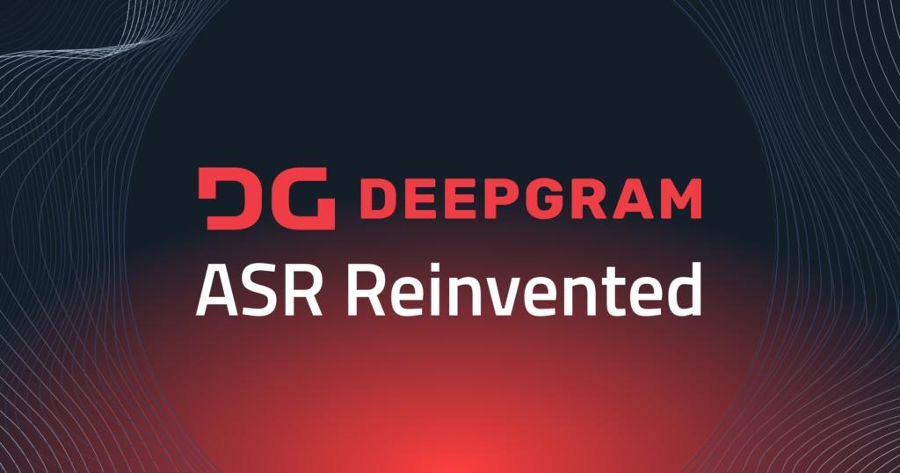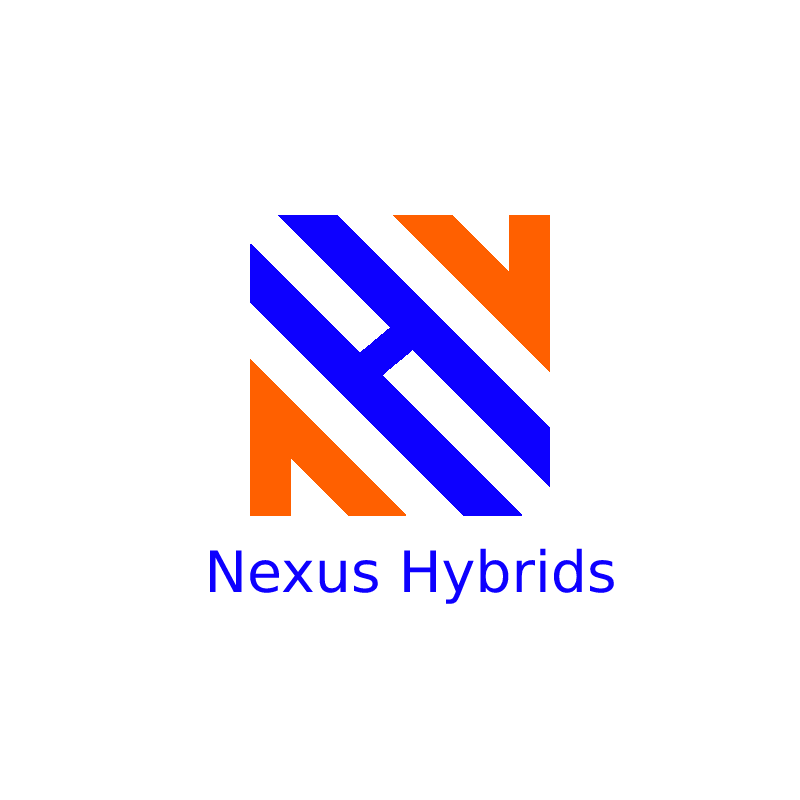Speech is one of the most natural and powerful ways of communication, but it is also one of the most challenging to process and understand by machines. Traditional speech-to-text solutions rely on outdated technology that is costly, inaccurate, and inflexible. They often require manual tuning and customization for each use case, language, and domain.

That’s why Deepgram is different. Deepgram is an AI speech platform that uses a deep neural network to deliver highly accurate, actually usable transcription, right out of the box. Deepgram’s end-to-end AI architecture gives it an edge over legacy tech that is retrofitted with AI. Deepgram can handle any type of audio, whether it is live-stream or pre-recorded, on-prem or in the cloud, and scale to meet any demand.
Deepgram also offers a variety of features and models to suit any use case and language. You can choose from dozens of languages and use case models, such as phone calls, meetings, podcasts, medical, legal, and more. You can also train your own model for even greater accuracy on the unique words that matter to you. Deepgram’s features include diarization, summarization, language/topic detection, and more.
What are some of the use cases and features that Deepgram offers for speech-to-text transcription?
Deepgram offers speech-to-text transcription for a wide range of use cases and industries, such as phone calls, meetings, podcasts, medical, legal, education, media, and more. Depending on the use case, Deepgram can provide different features and models to optimize the transcription quality and performance.
Some of the features that Deepgram offers for speech-to-text transcription are:
- Diarization: This feature allows Deepgram to identify and separate different speakers in an audio file, and assign labels to each speaker’s segments. This can help with analyzing conversations, attributing quotes, and generating transcripts with speaker names.
- Summarization: This feature allows Deepgram to generate a concise summary of the main points and topics of an audio file. This can help with extracting key information, creating summaries for podcasts or lectures, and saving time and effort.
- Language/Topic Detection: This feature allows Deepgram to detect the language and topic of an audio file, and automatically switch to the appropriate model for transcription. This can help with handling multilingual audio, adapting to different domains and vocabularies, and improving accuracy and speed.
Deepgram’s mission is to make every voice heard and understood. That’s why they have raised over $86 million and have been recognized as an Inc. Best Workplace (2021 and 2022), a Forbes Top 50 AI Company to Watch (2021), and a CB Insights Top 100 AI Startup (2021), among others.
If you want to join the revolution and unlock the power of voice technology for everyone, you can visit their website. You can also sign up for a free trial and see for yourself how Deepgram can transform your voice data into actionable insights.
What do you think about Deepgram? Have you tried their platform or seen their results? Let us know in the comments below!
Also Read: How We Are Helping Indians To Save And Invest Smartly With Our Micro Wealth Management Platform
